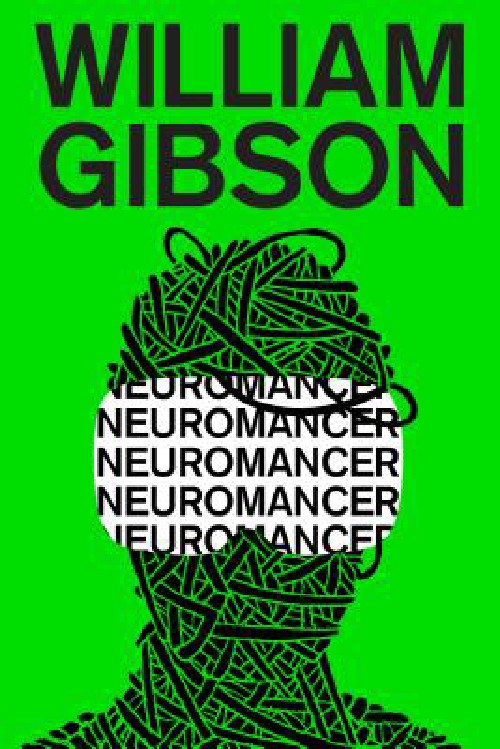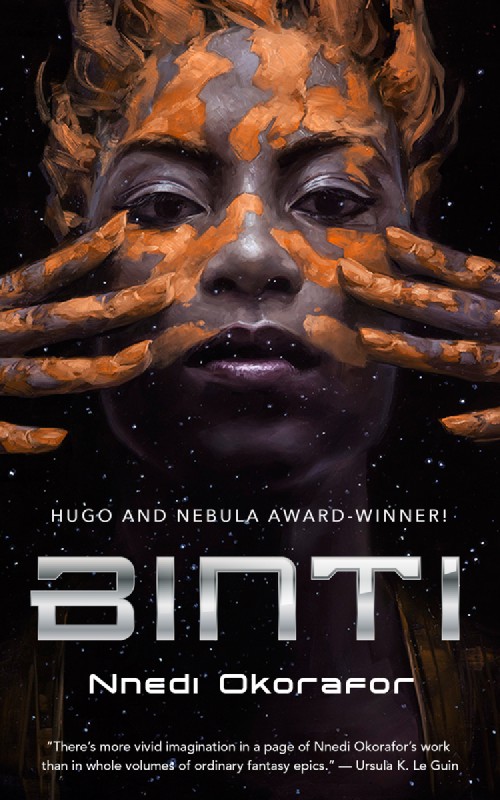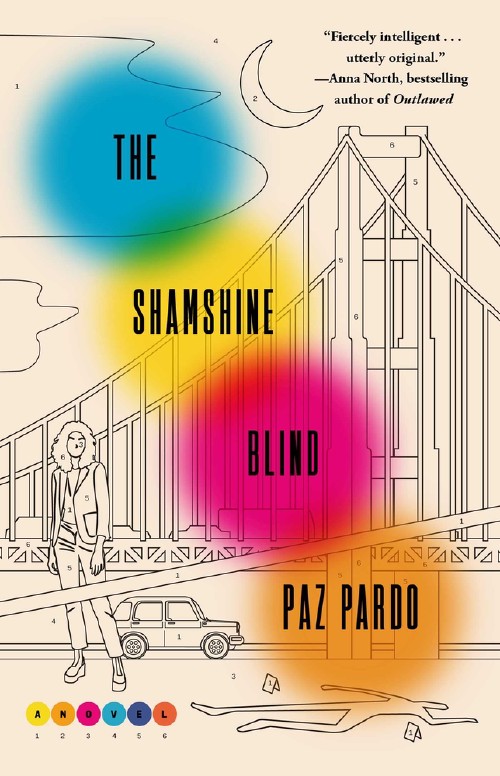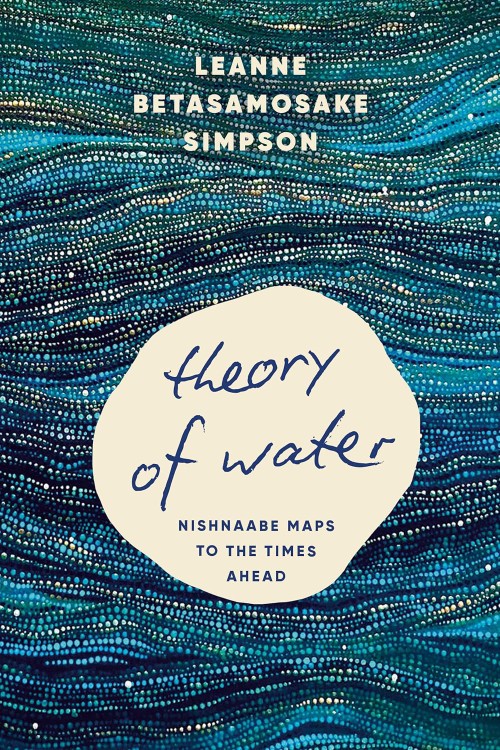
Theory of Water
Copyright 2025, Haymarket
Climate Change, Indigenous Issues, Cultural Analysis
In the past week I finished two books that were extremely generative in my ongoing quest to make sense of this fucked up world we live in, and I liked them so much I want to write a quick recommendation post.
The first book is Theory of Water by Leanne Betasamosake Simpson. This is the third book of hers I’ve read and each one challenges me to rethink and unlearn so many aspects of life. I scanned in some highlights of the book on this page if it’s interesting to you.
The second book is New Dark Age by James Bridle. He seeks to grapple with the immense complexity that has arisen in a few decades as we networked the entire world, through the rise of computers, the internet, and vast data centers of computing power. The book pre-dates the current boom in AI by a few years but proves itself very prescient in terms of naming and sorting through the changes we’re seeing unfold in real time. My highlights from the book are here.
Both authors are writing to make sense of the world we live in, with the goal of improving our imagination and language as we attempt to construct a future. Bridle is writing to and from within the western concepts of the world. Simpson is writing to and from within the indigenous concepts. Their projects are not aligned, as one assumes the world we have built will continue on in some form, while the other (Theory of Water) imagines that this world can be replaced with something better.
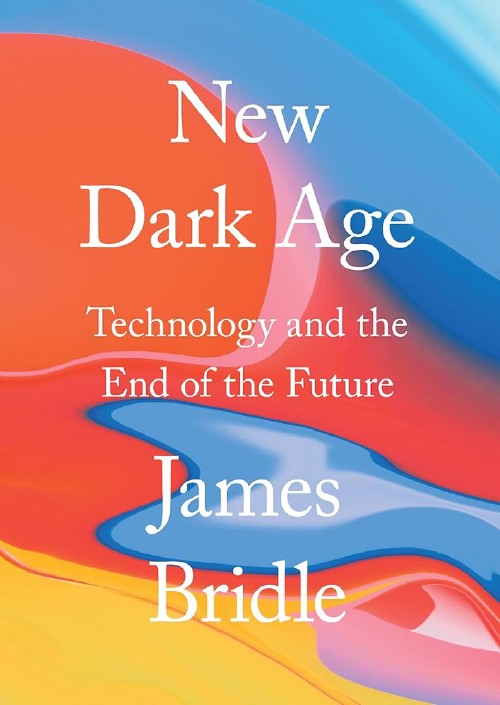
New Dark Age
Copyright 2019, Verso
Tech Industry, Cultural Analysis
Bridle theorizes what he calls “computational thinking” “Computational thinking is an extension of what others have called solutionism: the belief that any given problem can be solved by the application of computation.” He explains that computational thinking “supposes - often at an unconscious level - that the world really is like the solutionists propose. It internalises solutionism to the degree that it is impossible to think or articulate the world in terms that are not computable.” His book is then an exploration of this argument, trying to explore different lenses to create language for the variety of ways that a vast, digitally networked world is hard to understand or analyze.
As he explores these lenses, he makes an observation which I find quite compelling:
Computational thinking insists on the easy answer, which requires the least amount of cognitive effort to arrive at. Moreover, it insists that there is an answer - one, inviolable answer that can be arrived at - at all. The ‘debate’ on climate change, where it is not a simple conspiracy of petrocapitalism, is characterised by this computational inability to deal with uncertainty. Uncertainty, mathematically and scientifically understood, is not the same as unknowing. Uncertainty, in scientific, climatological terms, is a measure of precisely what we do know. And as our computational systems expand, they show us ever more clearly how much we do not know.
Computational thinking has triumphed because it has first seduced us with its power, then befuddled us with its complexity, and finally settled into our cortexes as self-evident. Its effects and outcomes, its very way of thinking, are now so much a part of everyday life that it appears as vast and futile to oppose as the weather itself.
Bridle’s analysis and theorizing is very illuminating as we watch AI devour everything software has previously digested. But where Bridle looks at these systems and infrastructure as realities we must accept and make sense of in order to regain agency over our future, Leanne Simpson questions the premise.
Theory of Water is a beautiful book that you should read. Full stop. It contains deeply challenging ideas about ethics, about philosophy, about the fundamental ways the world works, but it contains them inside prose that reads like a memoir. No, like a story. I am trying to find fancy ways of saying things I should just state directly. Simpson writes ideas and philosophy that challenge the majority of the western culture I’ve been raised and educated in, without pretension. She is not concerned with making her prose acceptable to institutions or intellectuals, even though both should be engaging with her work. She is concerned with inviting every thinking person to think richly about the world and consider what futures we wish to inhabit.
To accomplish this, she thinks with Nibi, the Anishinaabe word for what we call “water” in English, although one of the key ideas in her book is that the Anishinaabe language does not function the same way English does, and so translation is never comprehensive.
She looks to Nibi, it’s many forms (snow, ice, steam, liquid) and finds transformations, generation, reciprocity, cycles, and so many other concepts to think with. One action of Nibi is referenced continually; “sintering”:
I discovered that nearly every day the snow was slightly different along the trail at Jackson Creek. I became fascinated by sintering. When a snowflake falls from the sky and lands on the earth, it immediately begins, or perhaps continues, a transformation as it forms bonds at temperatures below zero (this is not a melting process) with its neighbouring snowflakes or crystals to create the fabric of a snowpack.
Sintering is a joining. It is a communal transformation that creates a fabric of former snowflakes bonded to each other. It is a process of changing from a singular, angular snowflake to a more rounded form of bonded crystals, or a snowpack— a denser, more compact, linked formation. As the snow sinters, it settles and becomes denser, stronger and soggier under the influence of gravity. Sintering is slow deformation.
And so Simpson sinters with Black feminists, other indigenous philosophies, artists, and the broader set of beings and living creatures in the world. She is not writing for me — a white dude with deep ancestral roots of colonization — but as I sit with her work, as I embrace the wisdom and ideas she explores with curiosity and openness, I find that her ideas are inviting. I don’t know what it means for me to desire to join into the world-making processes she finds in so many indigenous and Black radical communities. I don’t know, but I know I want to find ways to join in, because the world Simpson describes—one that her ancestors inhabited and thus is not some impossible utopian ideal, but rather a known way to inhabit the world that my ancestors have continually (yet unsuccessfully) sought to eradicate—is inviting.
Mashkiig, an overlapping of the terrestrial and water worlds, are sites of tremendous life. I think of the shoreline full of ducks, geese, ospreys and her-ons; fish, frogs and turtles; muskrats, beavers, minks and deer; mosquito larvae and dragonfly nymphs; lily pads and wild rice; and stagnant, decaying organic matter. I think of ecosystems that remove pollutants from water and get rid of 90 percent of water-borne pathogens. Ecosystems that clean the groundwater we rely on to drink. Ecosystems that sequester carbon and hold water like sponges buffering against flood-ing.
Capitalism understands otherwise.
In southern Ontario, between 70 percent and 90 percent of original wetlands have been destroyed-draining these worlds for farmland, settlement, industrial development and highway construction. On a planetary scale, we’ve lost one-third of global wetlands in the last forty-five years. The threats don’t stop there, though. Pollution, climate change and the artificial modification of water levels—like that which occurs in the management of the Trent-Severn Waterway—also contribute to the desecration.
Simpson, while thinking with Nibi, reminds me to pay close attention to the way the world works outside of how humans have changed it. Capitalism—built on racism, colonialism, patriarchy, petroarchy; oppression writ large—is a dead end system. It is a system in which all people cannot flourish, because the system requires many to suffer in order for a few to thrive.
I found both books generative, because they are attempting to grapple with the world as it is, not as we want it to be, or believe it to be, or need it to be. As it is. That’s a difficult task in this day and age, and each book improved my ability to make sense of things. In this way, the books are complementary.
However, I found the books most generative because of the ways they are completely incompatible. Bridle’s project is to think within the system that capitalism hath wrought; with an antagonistic, grounded skepticism, yes, but within it none-the-less. If this is the world we have to live within, he asks, what options do we have to reduce the horrors of the path we’re on. It’s a necessary question, and while the power structures that exist today remain in power, New Dark Age is a valuable book for thinking with.
Simpson’s book starts with the premise that everything capitalism has wrought is contingent, and the power structures that capitalism and colonialism has wrought are designed to occlude reality, to prevent imagination. Simpson does not ask “how can we improve things?” but rather “what does a world worth living in look like?” Her answers do not fit within the civilized world of western society, because that world tries to choke out the many other worlds that inhabit this planet.
In our knowledge system, the Michi Saagig Nishnaabeg share everything with all living things and their formations. We are deeply interdependent. We are intercommunal. We are but one form of life in a complex web of cascading lives. We are no more important—and many would say we are less important-than the other beings and systems making up the universe. We have no more “rights” than any other living thing in that web. We are not special, extra or excep-tional. We are not owed the lives of other living things.
We are not owed the planet.
We are not owed comfortable lives.
We believe this not for self-involved reasons-not because our continuance depends upon the earth being healthy, not because our lives depend upon this, even if they do—but because, ethically, who do we think we are? Who are we to place ourselves above all other living things, most of which we don’t understand?
Simpson’s short, brilliant book is not concerned with helping us make sense of capitalism, because capitalism is inherently contradictory and irrational. So, through the life of Nibi, Simpson invites us to imagine otherwise. “Together”, she writes,
we’ll dream and build worlds where we’ll call the aesthetics of abolition normal, and we’ll no longer have to envision liberation because we’ll be living it, and it will be all we know.
